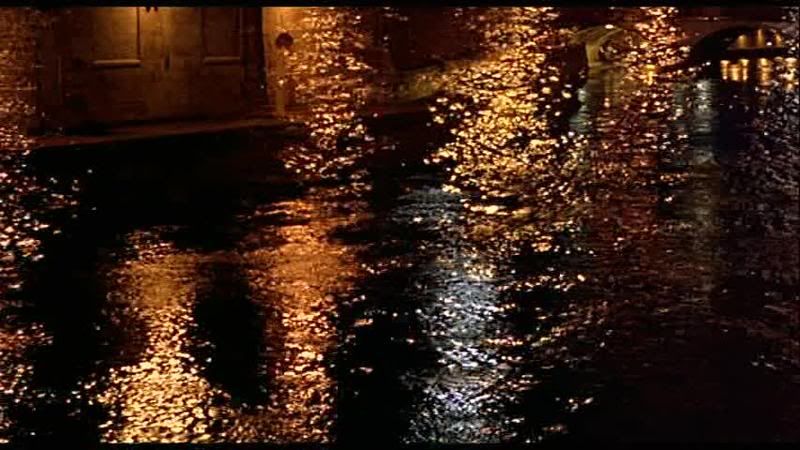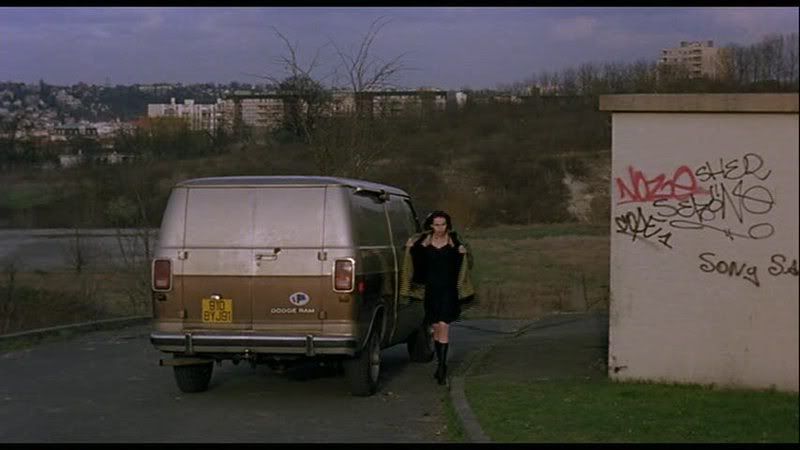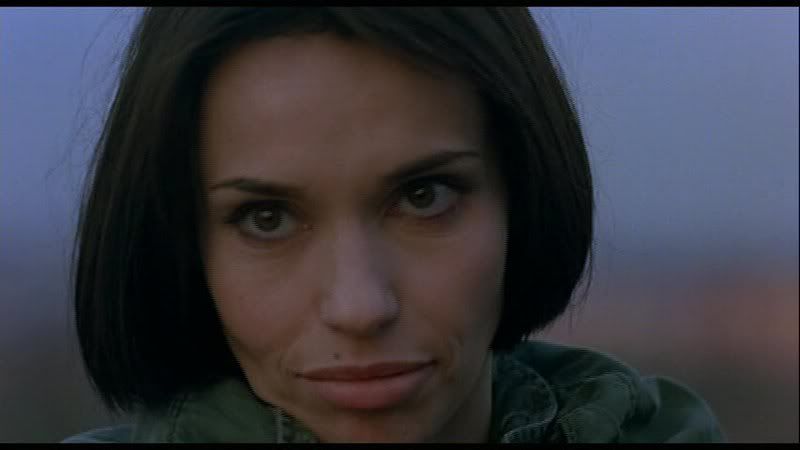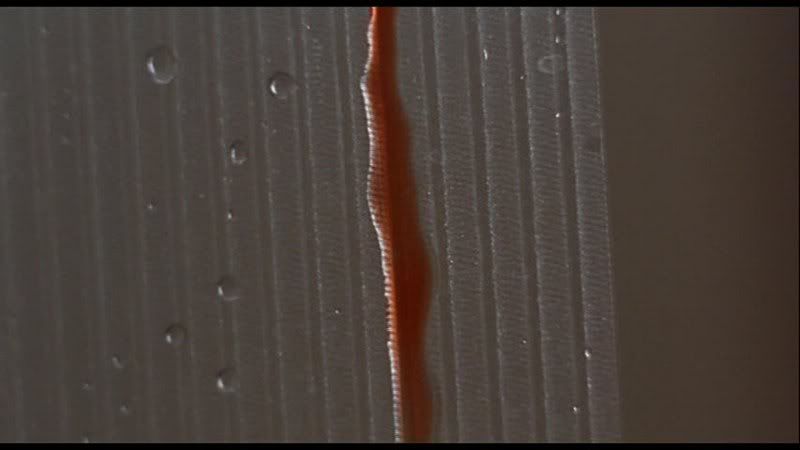Liquid Angles and Rivulets: Claire Denis and Jean-Luc Nancy.


The uncertain status of the image in Claire Denis’s cinema, its immeasurable limits, whether forward into the spectator’s perceptual space, backward into the abstract terrain of signification, or sideways within its own narrative space – Laura McMahon discusses the crucial use of off-screen space in Beau travail – tends to create a distinct sense of unease in the spectator, or what Beugnet identifies as paranoia. This is also related to Denis’s use of genre. There is something almost Kubrickian about Denis’s play with genre in a way that consistently thwarts expectations. Beau travail is a film about the military but one with little action, where even the training appears redundant. To offer a revisionist, ‘queer’ reading of the film around latent homoerotic desire is at once too obvious and misses the point – which rather seems to lie somewhere in the impenetrable reality of these male bodies. As Nancy points out, a single shot of Trouble Every Day – that of Béatrice Dalle raising her coat above her shoulders like bat-wings – is enough to evoke the entire history of the horror genre, yet the film teases us with horror clichés (such as the erotic/horrific encounter) before showing us what is truly unyielding in the mystery of the body and desire. Meanwhile, as Beugnet suggests, there is something monstrous about Trébor (Michel Subor) in L’Intrus, as though he were a refugee from a vampire movie that had wandered into a spy film.--Douglas Morrey's introduction
I realize I'm probably late to notice this newest, current collection of essays that the online film journal Film-Philosophy has collected and published about Claire Denis and Jean-Luc Nancy. I don't have the time this week to read all of the essays but the collection certainly piques my interest as I'm quite the Denis fan and sometimes, when I forget how great Beau Travail really is or how seminal Trouble Every Day was for me, I think L'intrus (which was inspired by an autobiographical monograph of Nancy's of the same name) is her "best" or most intriguing work. So, head on over. As alluded to in the quote, there's even an essay by Nancy himself, on Trouble Every Day, which, although I didn't realize it at the time in 2002 (I was mostly dumbfounded and grossed out), really pushed me towards a whole new way of looking at movies. This idea of her use of genre is really cool, too, as another way to talk about the instability in her films, in her images: what does genre do for Denis as a medium? Something to think about. Just not now, not for me right now; but soon. If you happen to follow this link and read these essays, please tell me which ones strike up your imagination. --RWK






No comments:
Post a Comment